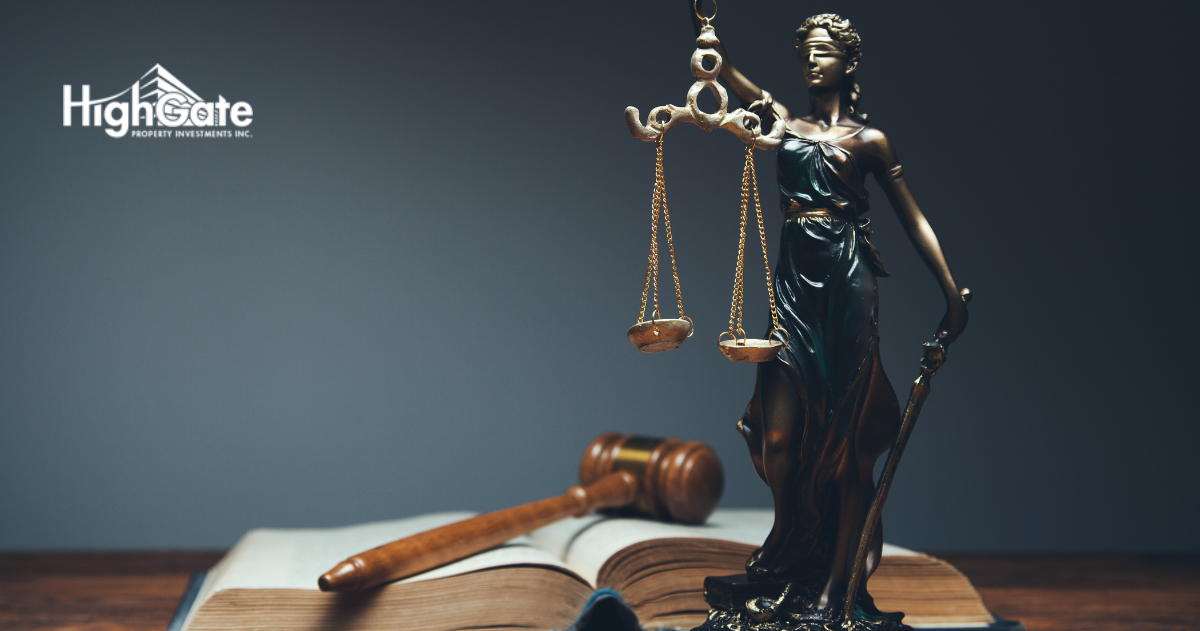Leaving a property to your children in Ontario after you pass away is an extremely important part of many people’s wills – your will is drafted to ensure that your estate is distributed in accordance to your wishes. Making sure that inheritors don’t take a tax hit is probably something you’ll want to take into account before making a final decision about the transfer of your property – you’ll want to meet with your tax accountant or a certified financial planner who will help you tailor your will to ensure a smooth and pain-free inheritance by your children.
Don’t just plan for who is inheriting property
There’s more to planning your will than just who you will be transferring your estate to. One of the most important aspects of planning your will with regards to passing on your property to your children is considering the financial aspects of the inheritance and how it will affect the lives of your kids. Without properly explaining the financial situation of your children and the value of your property to your estate planner, you run the risk of leaving your kids fully responsible for the future capital gains on the property.
Capital gains tax
Highgate Properties have previously discussed how taxes work on real estate inheritances in Ontario, with capital gains being the biggest sticking point as far as tax hits go. Capital gains are any profit made from the sale (or implied sale) of capital property after selling it for more than the adjusted cost base (or what was paid for it), minus any sales expenses. If your property sells for more than what you paid for it, then it is considered to be a capital gain and then your children (the recipient) will be required to pay taxes on half the profit. The Canada Revenue Agency has published a guide to calculating your capital gain (or loss), which takes into consideration proceeds, adjusted cost base, and incurred sale expenses.
One way to reduce the amount of taxes paid on a capital gain is by sheltering your property through the principal residence exemption, which states that if the property was your principal residence during the time you owned it, you do not have to pay tax on the capital gain. If the inheritor of your property is already the owner of a principal residence and plans to sell it upon inheritance, then this inherited property becomes a secondary property and is subject to capital gains taxes.
Once the capital gains tax has been paid, your inheritor would own the house and any future gains could then be sheltered under primary residence exemption. If you are leaving rental (or other secondary) properties to your children, then your estate will be responsible for paying any capital gains tax upon transfer.
What are your options?
One strategy to avoid your children being responsible for the payment of capital gains tax would be to pass on the property while you are still alive, leaving you to pay capital gains on what you paid for the property, and your child to pay for future gains. Some people make the mistake of opting for a transfer of 50% of their property ownership, which is equivalent to a partial sale and will leave your children being taxed on 50% of any future appreciation of the property. Involving your children in the decision, even if you don’t plan to pass property onto them before you die, is important as it will give them a say in what happens with your estate and help them stay realistic in their expectations.
Putting your property into a testamentary trust can be another way of protecting your kids from taking a major tax hit while ensuring that they will be able to get some use out of your assets without legally owning them and being responsible for capital gains taxes, as testamentary trusts are only subjected to gradual rates of tax. This strategy is especially useful for passing on property like cottages to ensure that your children will still be able to get some use out of it. Before deciding on a trust, you should consult a financial adviser and/or lawyer to decide if it’s the right decision for you.
You should always get an accurate estimate of the worth of your property before planning your estate, as well as calculating what potential capital gains could add up to for your estate or children. No matter how you feel about dealing with estate lawyers and paying legal fees to have a will drawn up, it’s important to do these things correctly and officially. Having a lawyer, financial adviser, and a tax specialist or account help to prepare your will for you will ensure that your children will not be charged with paying more taxes than are necessary, and will see that your will is executed correctly and your estate is transferred smoothly and without incident.
For information on the property management services offered by Highgate Properties, contact us today.





